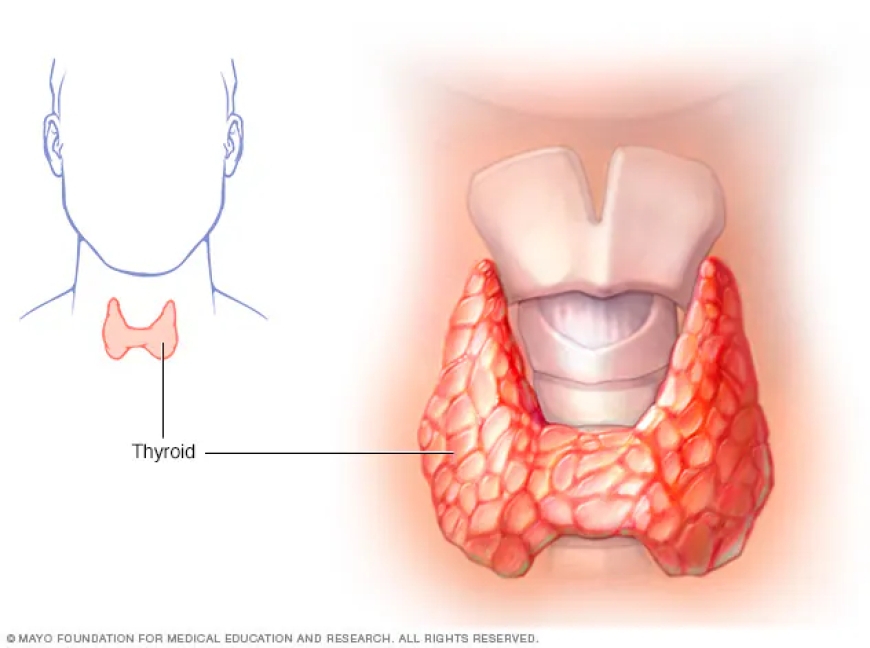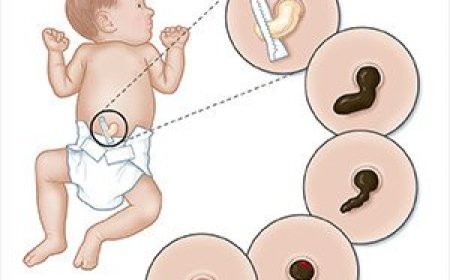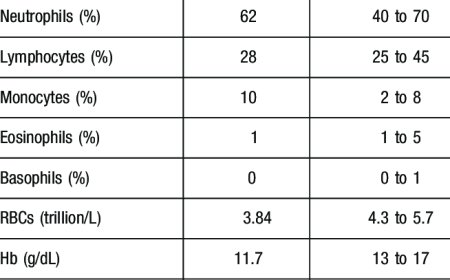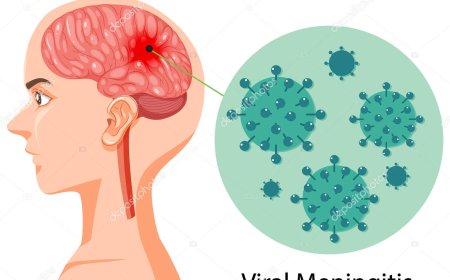Underactive Thyroid (Hypothyroidism)

Introduction:
Hypothyroidism, commonly known as underactive thyroid, is a prevalent condition in India that affects the functioning of the thyroid gland. This small butterfly-shaped gland, located in the neck, plays a vital role in producing hormones that control the body's metabolism. In this article, we will delve into the details of underactive thyroid, its signs and symptoms, classification, causes, risk factors, types, diagnostic tests, treatments, and potential complications, all explained in simple language for 10-year-old children to easily understand.
What Is Underactive Thyroid (Hypothyroidism)? :
Hypothyroidism is a condition where the thyroid gland does not produce enough thyroid hormones to meet the body's needs, leading to a slowdown in various bodily functions.
Signs and Symptoms: Hypothyroidism can present with various signs and symptoms, which may include:
- Fatigue: Feeling tired and low on energy most of the time.
- Weight Gain: Unexplained weight gain or difficulty losing weight.
- Cold Sensitivity: Feeling unusually cold, especially in the extremities.
- Dry Skin and Hair: Dry and itchy skin and brittle hair.
- Constipation: Difficulty in passing stools regularly.
- Depression: Feeling sad or low in mood.
- Slow Heart Rate: A slower than usual heartbeat.
- Menstrual Irregularities: Changes in menstrual periods in women.
How Is Underactive Thyroid (Hypothyroidism) Classified? :
Hypothyroidism can be classified based on its cause:
- Primary Hypothyroidism: It occurs when the thyroid gland itself fails to produce enough hormones.
- Secondary Hypothyroidism: This type is due to a malfunction in the pituitary gland or hypothalamus, which affects the production of thyroid-stimulating hormone (TSH).
Causes and Triggers:
The causes of hypothyroidism can vary and may include:
- Autoimmune Thyroiditis: An autoimmune condition where the body's immune system attacks the thyroid gland.
- Iodine Deficiency: Lack of sufficient iodine in the diet, although this is rare in India due to iodized salt usage.
- Radiation Therapy: Radiation treatment for certain cancers can damage the thyroid gland.
- Certain Medications: Some medications may interfere with thyroid hormone production.
Risk Factors with Examples:
While hypothyroidism can affect anyone, some risk factors include:
- Age: Older individuals are at higher risk of developing hypothyroidism.
- Family History: Having a family member with thyroid issues may increase the risk.
Types of Underactive Thyroid (Hypothyroidism):
- Hashimoto's Thyroiditis: It is an autoimmune condition and the most common cause of hypothyroidism.
- Postpartum Thyroiditis: Some women may experience hypothyroidism after giving birth.
Diagnostic Tests and Treatments:
- Thyroid Function Tests: Blood tests to measure thyroid hormone levels (TSH, T3, T4).
- Thyroid Ultrasound: To check for any structural abnormalities.
- Levothyroxine Medication: A synthetic thyroid hormone replacement for treatment.
Complications of Underactive Thyroid (Hypothyroidism):
Untreated or poorly managed hypothyroidism may lead to complications such as:
- Goiter: Enlargement of the thyroid gland due to constant stimulation by TSH.
- Myxedema: A severe form of hypothyroidism that can lead to a life-threatening condition.
Hypothyroidism is a common condition in India, and it is essential to be aware of its signs and symptoms. If anyone experiences any of the mentioned symptoms, it is crucial to seek medical advice for proper evaluation and treatment. Early diagnosis and proper management can lead to better health and well-being. Remember, good health starts with listening to our body and seeking help when needed.
What's Your Reaction?
 Like
0
Like
0
 Dislike
0
Dislike
0
 Love
0
Love
0
 Funny
0
Funny
0
 Angry
0
Angry
0
 Sad
0
Sad
0
 Wow
0
Wow
0








































































